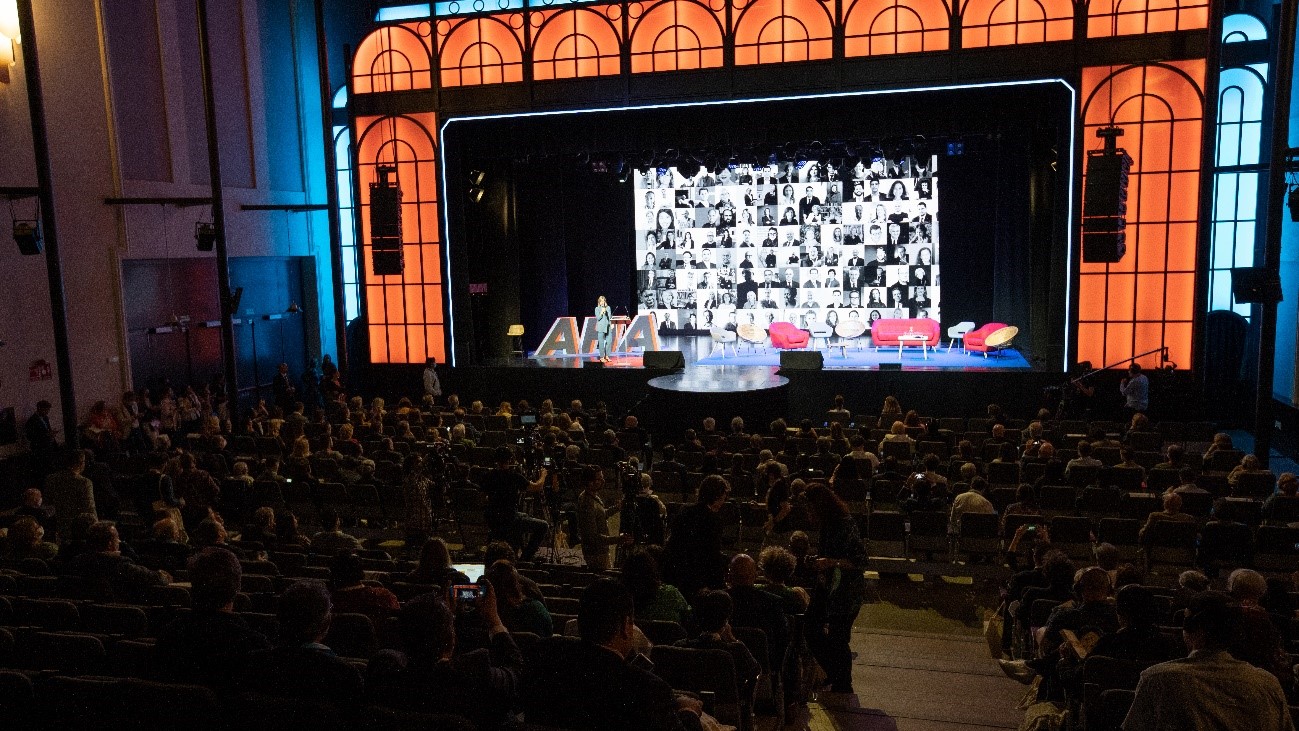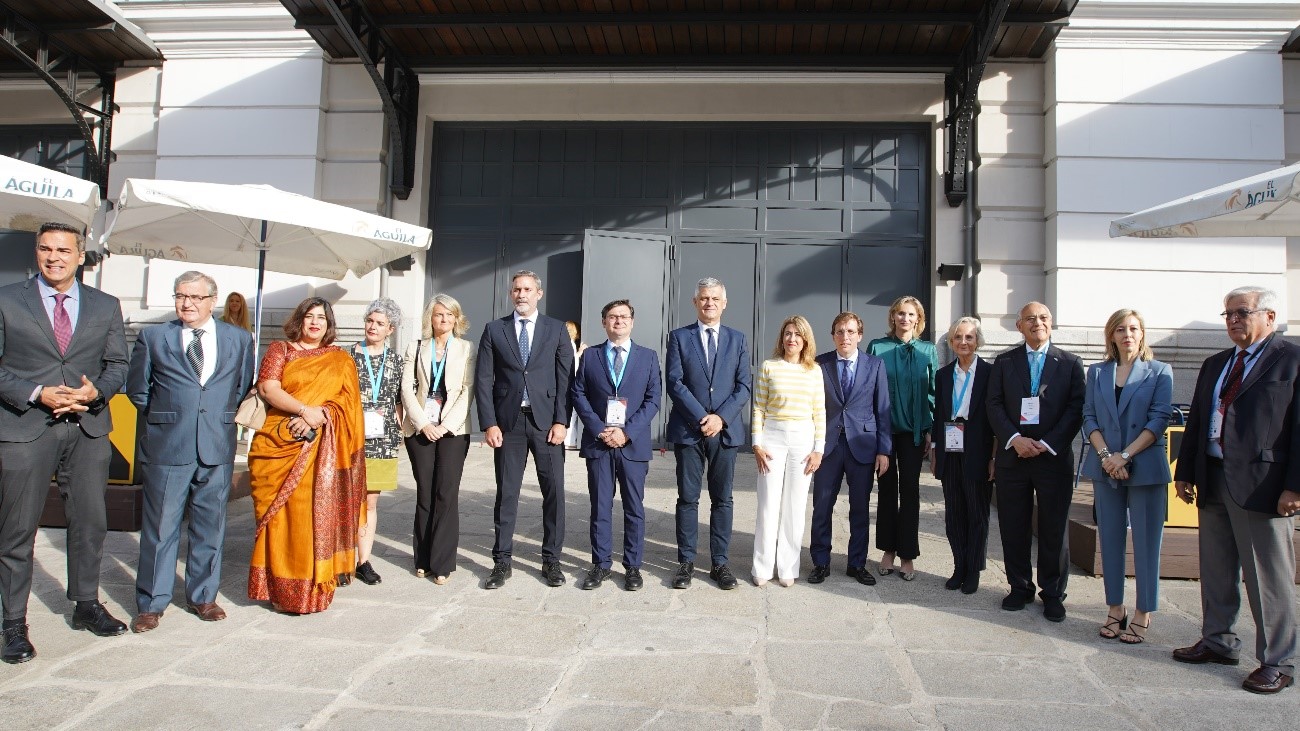Madrid, Spain, 27 May 2022 -- More than 7,500 professionals from 120 countries gathered at the Affordable Housing Activation forum this month and called for action to take shared responsibility for improving the effective right of access to decent, adequate and affordable housing worldwide by 2050.
"Today, a housing crisis challenges well-being worldwide, displacing many and threatening social cohesion. Only 13 per cent of the world’s cities have affordable housing," UN Secretary-General António Guterres said in his statement to the Affordable Housing Activation: Removing Barriers forum.
The May 18-20 forum was attended by representatives of national, sub-national and local governments, civil society, intergovernmental organizations, architectural professionals, urban planners, sociologists, urban anthropologists, economists and academics, as well as housing experts worldwide.
According to UN-Habitat's “Housing at the Centre” approach, solving the global housing problem requires the full involvement of all actors at global, national, regional and city levels.
The forum pointed to the need for establishing a common plan of action, building partnerships and supporting governments in their actions to realise the right to housing in an inclusive, sustainable and resilient manner. In addition, it proposed using global and regional meetings, mobilising technical and financial support, and exploring new forms of governance towards a more inclusive housing production.

To this end, an Activation Framework was presented, based on the principles and pillars of the sustainable development and housing rights agendas, especially the 2030 Agenda and the New Urban Agenda.
In addition, the forum provided a permanent virtual platform that offers an open activation space for contributions and commitments, and a comprehensive digital repository of data related to housing and cities.
This repository comprises six main categories corresponding to the six identified barriers to access to housing: mismatches and inequality; policies and regulations; financing; urban design; construction and innovation; and ownership and possession.
In addition, the repository offers information through a global Atlas that displays indices of 64 subcategories; around 400 exemplary cases that offer good practices and lessons learned; and Artificial Intelligence, which allows access to information from interviews, papers, academic documents, among others, in audiovisual and other formats.
The preparatory process for the forum began by identifying the current affordable housing situation, determinants and barriers, according to the New Urban Agenda and the 2030 Agenda. It was carried out with the support of UN-Habitat and the contribution of the Global Expert Committee of the forum through various dialogues and regional meetings around the world, which sought to identify challenges, present solutions and alternatives, and identify regional good practices.

The forum was led by the International Union of Architects (UIA) and the Consejo Superior de Colegios de Arquitectos de España (CSCAE) together with other partners and the support of UN-Habitat Spain. The Affordable Housing Activation: Removing barriers Forum represented the launching of this global movement aimed at improving access to housing.
"We have never been at a time in history when there is such pressure for sustainable and affordable solutions, the right to adequate housing is one of the three priorities of UN-Habitat, alongside climate change and the localisation of the Sustainable Development Goals," Shipra Narag Suri, UN Habitat Chief of the Urban Practices Branch, said at the opening of the forum.
President of the UIA, José Luis Cortés, referring to housing as a global problem that the pandemic has highlighted, pointed out that "architects aware of it want to focus on our human mission of being able to serve the neediest classes," but that "we must solve the problem with the rest of the professionals in order to manage it in a holistic way."
For her part, Marta Vall-Llosera, President of the CSCAE, stressed that "all people have the right to a space that is a safe home, that provides dignity, peace and a healthy life; it is one of the great challenges of the 21st century. Talking about housing is talking about people's dignity."